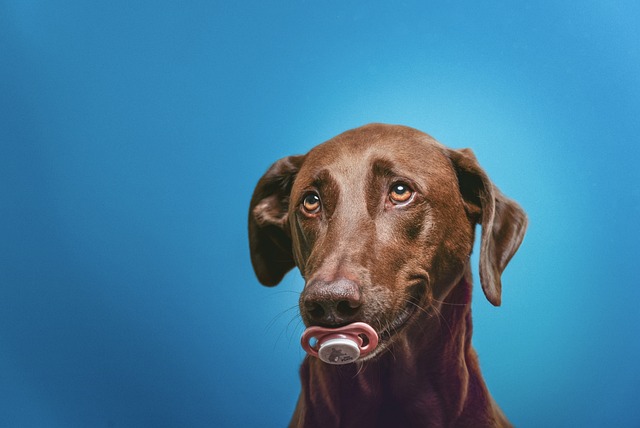
How old should a dog be potty trained?
Most puppies start showing signs they’re ready for potty training between 12 and 16 weeks old—this is when their bladders and bowels develop enough to hold it for short periods.
Siberian husky puppies are bundles of energy, often darting after squirrels in the park or pulling on their leashes during walks—this enthusiasm makes training key, but it needs to fit how these dogs think. Start with short, fun sessions—maybe 5 minutes after they’ve played a little—since huskies get bored fast if things drag on. Use small, soft treats they love, like tiny pieces of chicken, to reward them when they sit or come when called; this builds trust faster than scolding.
Always keep local laws in mind, too. Many areas require puppies to be vaccinated by a certain age before they’re allowed in public parks, and some have rules about keeping leashes no longer than 6 feet in residential areas. Last month, a friend in Oregon had to adjust her training schedule because her husky pup wasn’t fully vaccinated yet—she switched to practicing commands in her backyard until the vet gave the go-ahead, which kept them both compliant and safe.
Socialization is another must, but it needs to be gentle. Huskies are friendly, but overwhelming them with too many new dogs or people at once can make them shy. Arrange playdates with calm, fully vaccinated adult dogs—my neighbor’s golden retriever is perfect for this—or take them to quiet pet stores where staff are used to working with puppies. This helps them learn to stay calm in new places, which makes future walks or trips to the vet much easier.
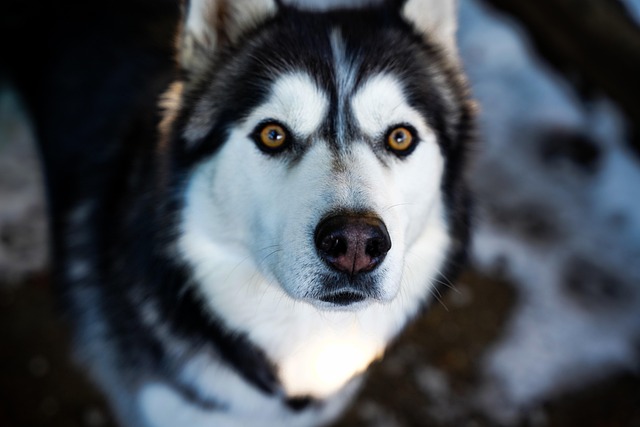 Consistency matters more than perfection. If you let your husky jump on the couch sometimes but scold them for it other times, they’ll get confused. Pick simple commands and stick to them—use “sit” every time, not “sit down” one day and “park it” the next. Also, avoid using their name when you’re upset; save it for happy moments, like when they run to you or do a trick. This way, they’ll associate their name with good things, not scolding.
Consistency matters more than perfection. If you let your husky jump on the couch sometimes but scold them for it other times, they’ll get confused. Pick simple commands and stick to them—use “sit” every time, not “sit down” one day and “park it” the next. Also, avoid using their name when you’re upset; save it for happy moments, like when they run to you or do a trick. This way, they’ll associate their name with good things, not scolding.
As your puppy grows, adjust training to their energy levels. Young huskies have bursts of energy, so training right after a walk (when they’re a little tired) works better than trying to train them first thing in the morning. And remember, huskies are working dogs—giving them a job, like carrying a small backpack with their toys during walks, can help burn off extra energy and make them more focused during training sessions.
Training a husky puppy takes time, but it’s worth it to have a well-behaved companion who fits into your life. By following local laws, keeping sessions fun, and being consistent, you’ll build a strong bond that lasts for years. Whether you’re teaching them to wait at the door or walk nicely on a leash, every small win is a step toward a happy, healthy relationship with your pup.

Most puppies start showing signs they’re ready for potty training between 12 and 16 weeks old—this is when their bladders and bowels develop enough to hold it for short periods.
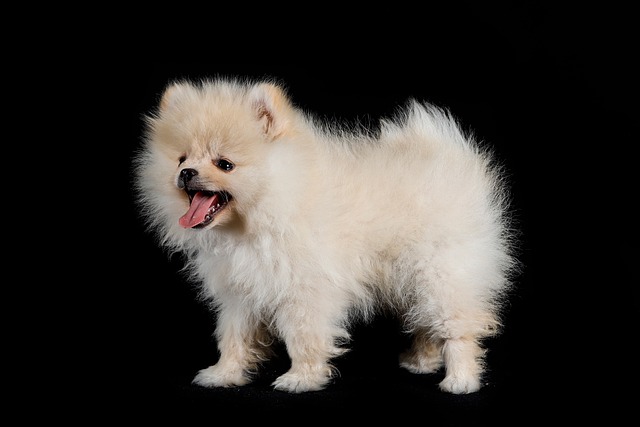
Picture this: you’re relaxing in your apartment, and your phone slips between the couch cushions. Instead of awkwardly shuffling the furniture, you wish your Labrador
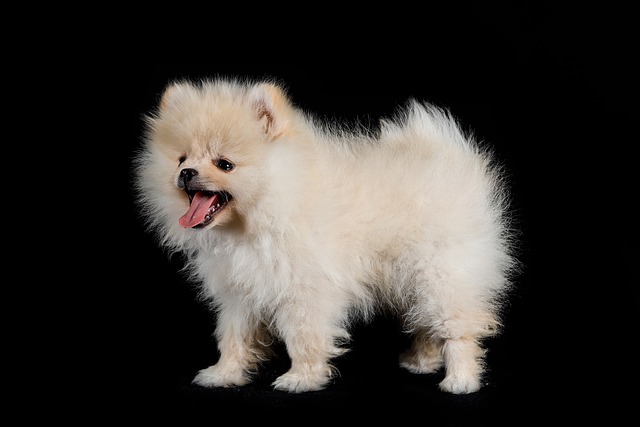
You’ve just adopted a wonderful adult rescue dog, Buddy, and you’ve been told he isn’t quite house-trained yet. The crate is set up in the corner of your Chicago apartment
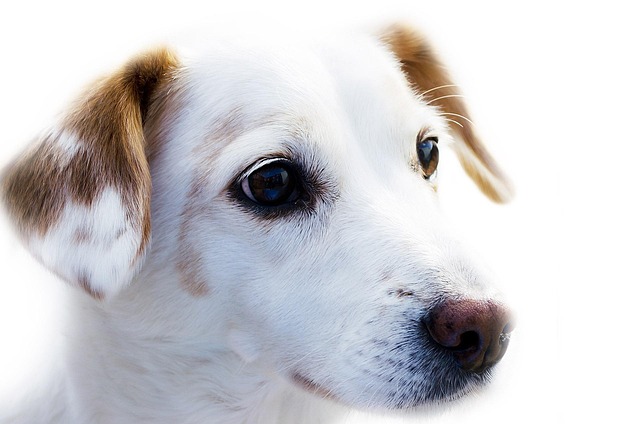
Choosing the right crate size sets the foundation—your dog should stand, turn, and lie down comfortably, but not have extra space to use one corner as a bathroom.
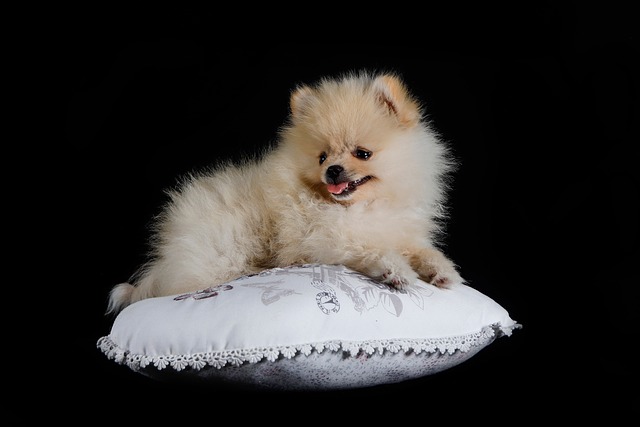
You’ve just brought home your new puppy, Charlie, and you’ve heard a crate is essential for house training and safety.
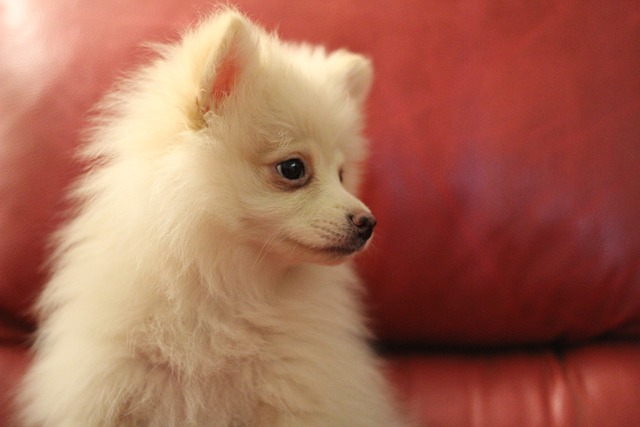
Bringing home your new puppy, Max, is a joy, but the first night can be a rude awakening for everyone involved if he cries incessantly in his crate.